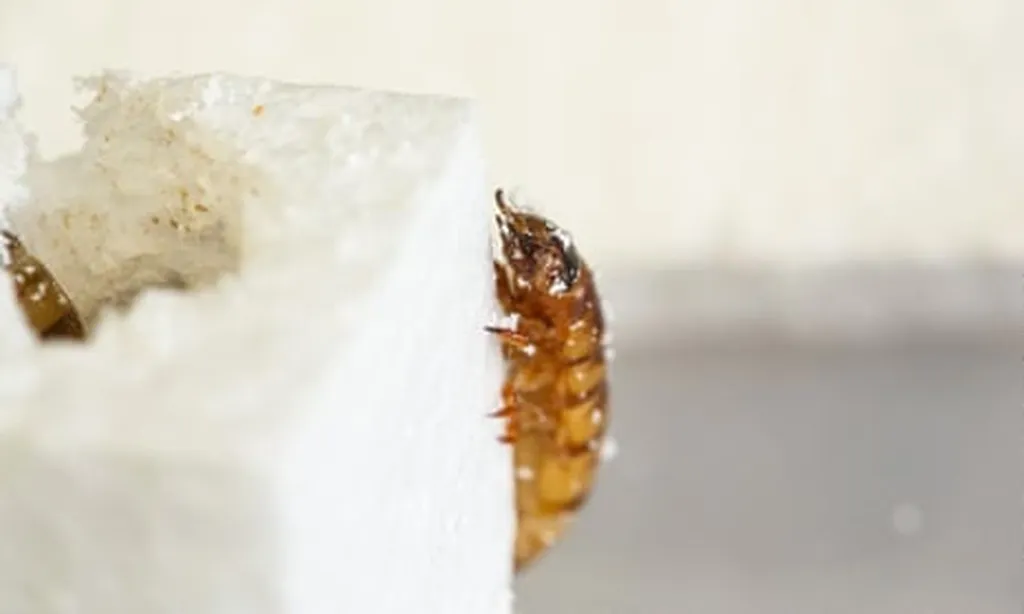In the quest for sustainable agriculture and efficient resource management, a novel approach is emerging that could revolutionize how we handle food waste. Researchers, led by Munir Ozturk from Ege University’s Department of Botany and Centre for Environmental Studies in Izmir, Turkey, are exploring the potential of livestock-mediated food waste conversion. This innovative method not only addresses the pressing issue of food waste but also offers economic benefits and promotes environmental sustainability.
Food waste is a global problem with significant environmental and economic repercussions. According to the United Nations, approximately one-third of all food produced for human consumption is lost or wasted globally, contributing to greenhouse gas emissions and squandering valuable resources. Ozturk and his team propose a solution that turns this waste into a valuable resource for animal feed, thereby reducing the environmental footprint of the agri-food supply chain.
The concept is straightforward yet impactful: instead of disposing of food waste, it can be fed to livestock such as pigs or chickens. This practice, known as upcycling, transforms what would otherwise be waste into a nutritious source of animal feed. “By feeding food waste to livestock, we can significantly reduce the amount of waste that ends up in landfills, thereby cutting down on methane emissions and other environmental pollutants,” Ozturk explains. This approach not only mitigates the environmental impact of food waste but also provides a cost-effective solution for farmers.
The economic benefits are substantial. Farmers can reduce their feed costs by utilizing food waste, which in turn lowers the overall cost of animal production. Additionally, this practice can generate income for farmers who might otherwise incur expenses for waste disposal. “This method offers a win-win scenario for both the environment and the economy,” Ozturk notes. “It’s a sustainable way to manage food waste while also supporting the agricultural sector.”
However, the use of food waste as animal feed is not without its challenges. Regulatory and safety concerns must be addressed to ensure that the feed is safe for animals and does not pose any health risks to consumers. Strict guidelines and monitoring are essential to mitigate these risks and ensure the safety and efficacy of the process.
The research highlights the potential of livestock-mediated food waste conversion as a sustainable solution to food waste management. By upcycling food waste, we can minimize waste, promote sustainability in the food industry, and provide a new source of animal feed. This approach represents a promising way forward for the future of agriculture, offering a viable solution to the global food waste problem.
The study, published in ‘Notulae Botanicae Horti Agrobotanici Cluj-Napoca’—which translates to ‘Botanical Notes of the Cluj-Napoca Botanical Garden’—underscores the importance of innovative solutions in addressing food waste and promoting sustainable agriculture. As the world grapples with the challenges of food security and environmental sustainability, this research offers a beacon of hope and a practical approach to achieving these goals.
The implications of this research are far-reaching. By integrating food waste into the agricultural supply chain, we can create a more circular economy where resources are used efficiently and waste is minimized. This approach not only benefits the environment but also supports the economic viability of the agricultural sector. As we move towards a more sustainable future, the insights from this research will be instrumental in shaping policies and practices that promote resource efficiency and environmental stewardship.
In conclusion, the work of Munir Ozturk and his team at Ege University represents a significant step forward in the quest for sustainable agriculture. By leveraging the potential of livestock-mediated food waste conversion, we can address the pressing issue of food waste while also supporting the economic and environmental goals of the agricultural sector. This innovative approach offers a promising solution to the challenges of food waste management and highlights the importance of interdisciplinary research in addressing global sustainability issues.

